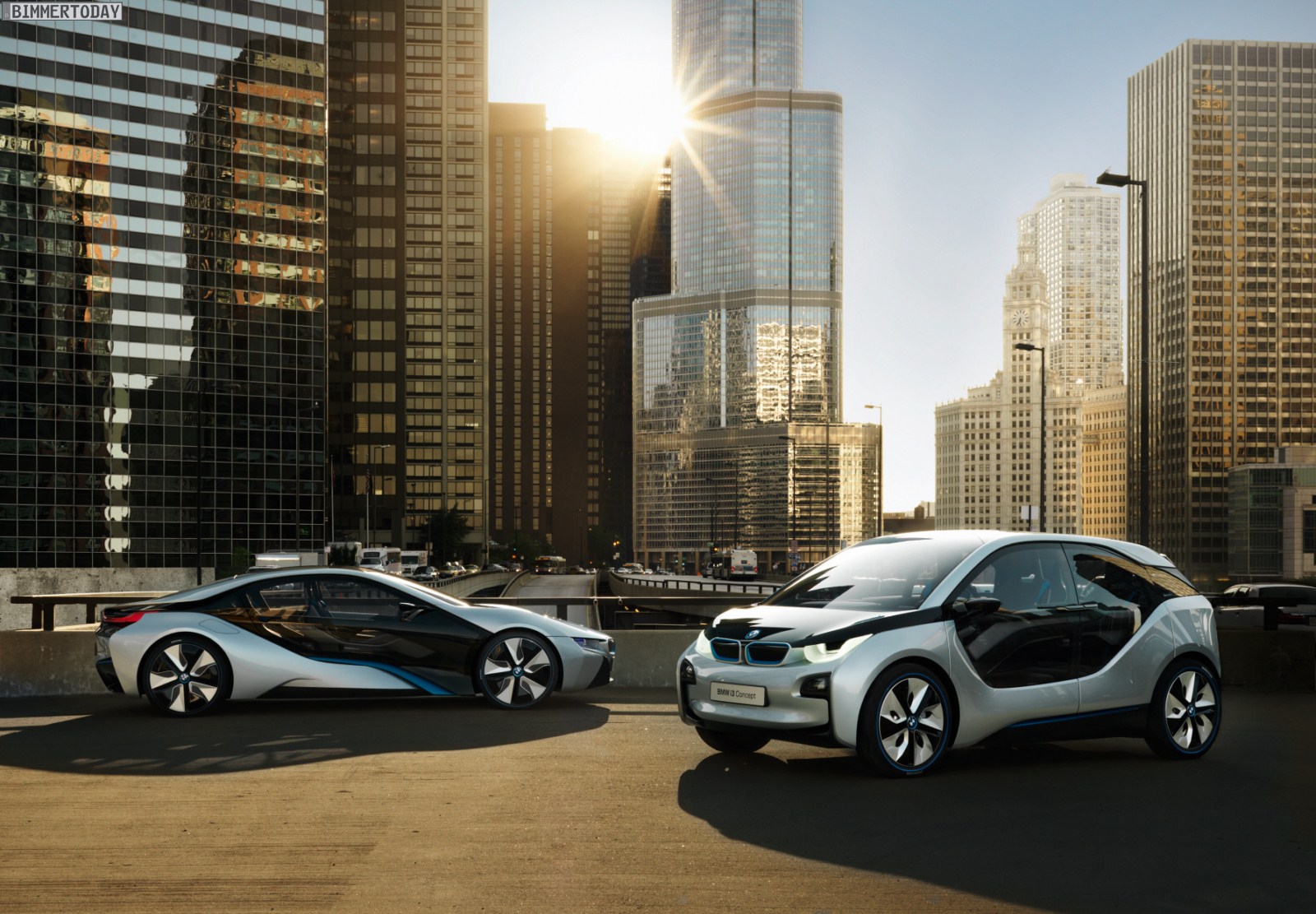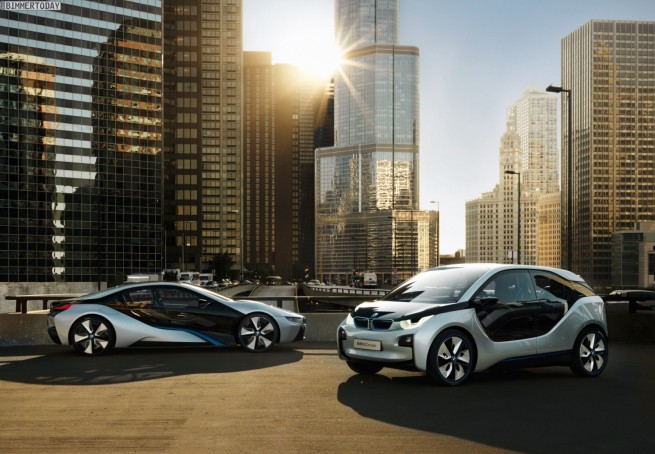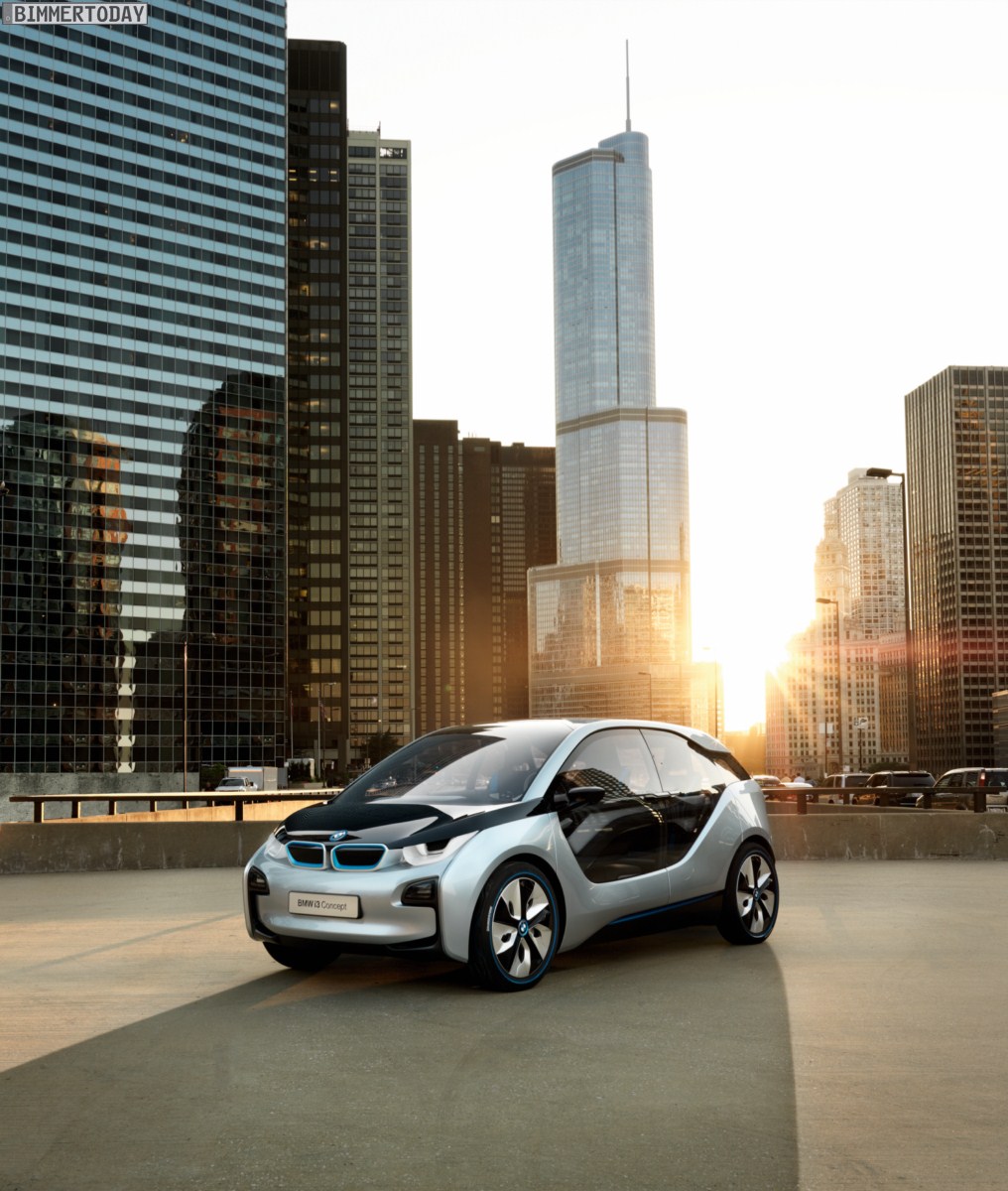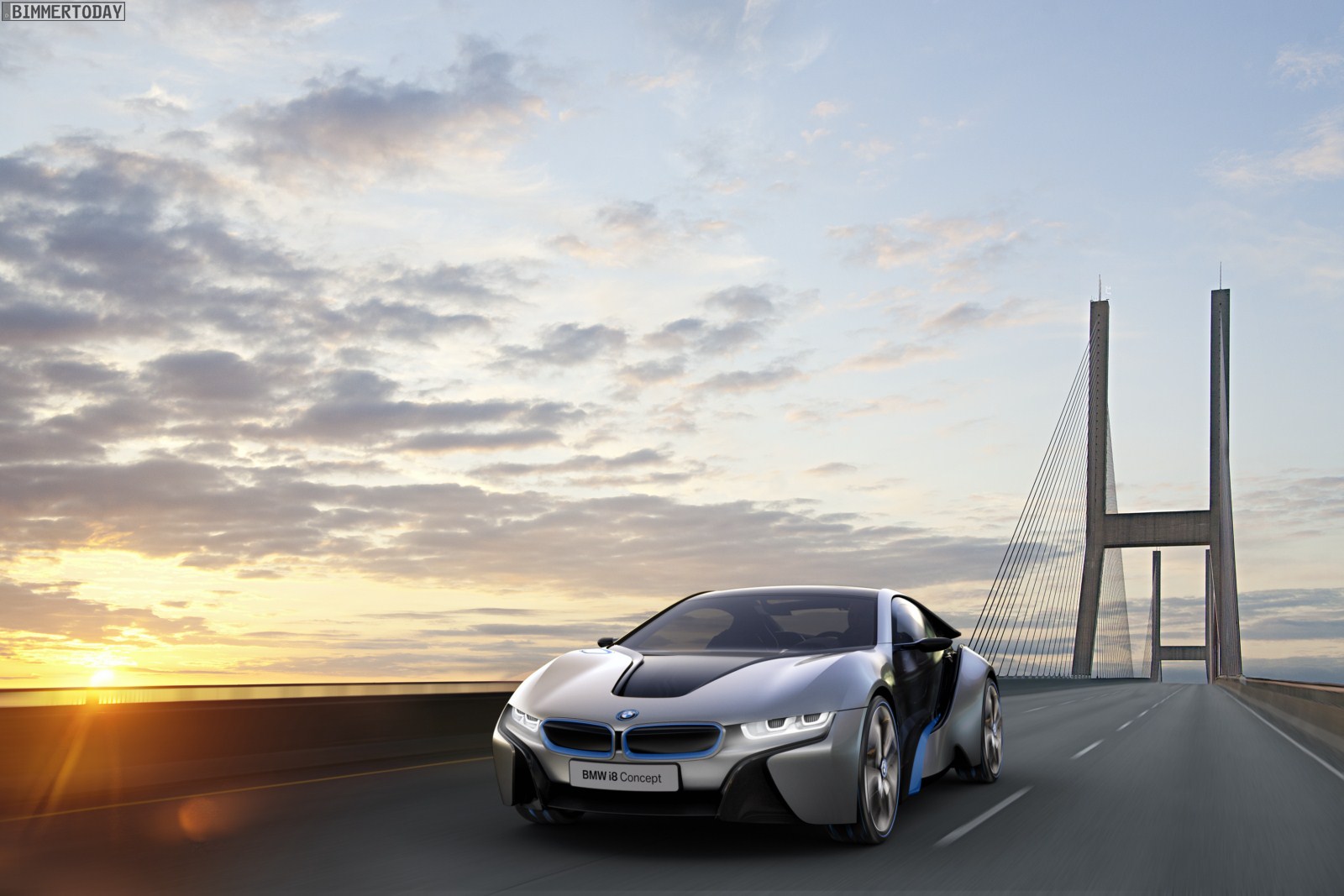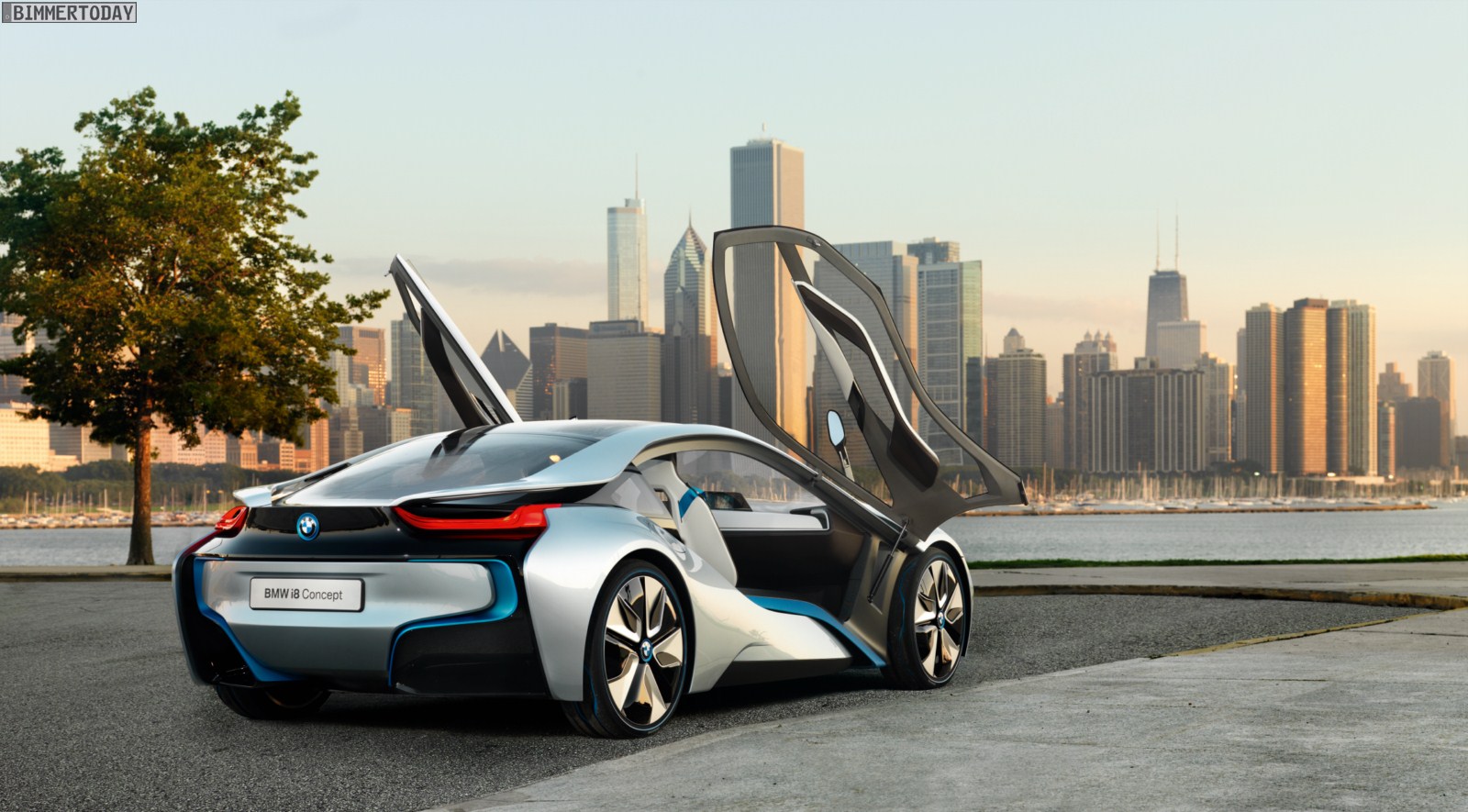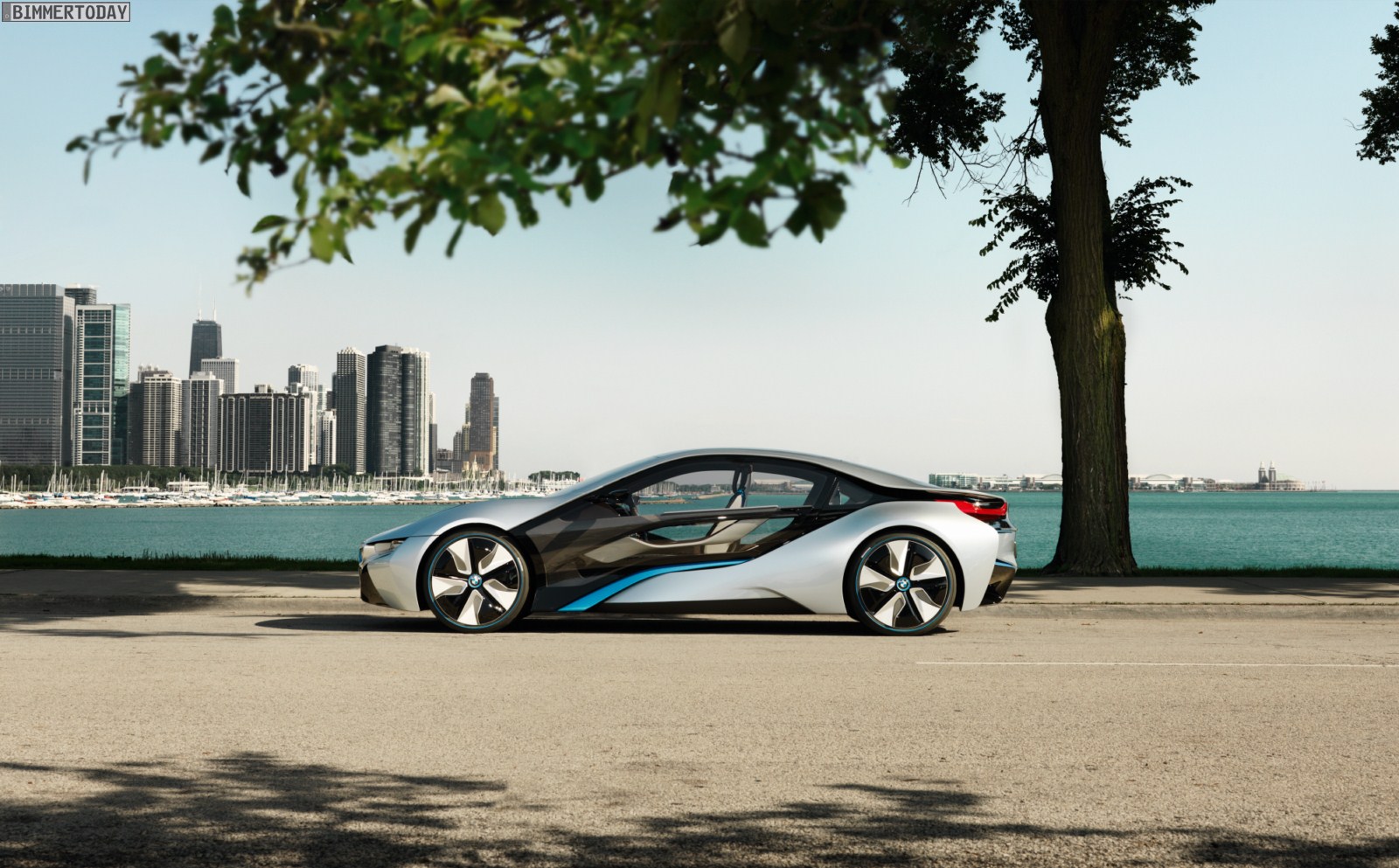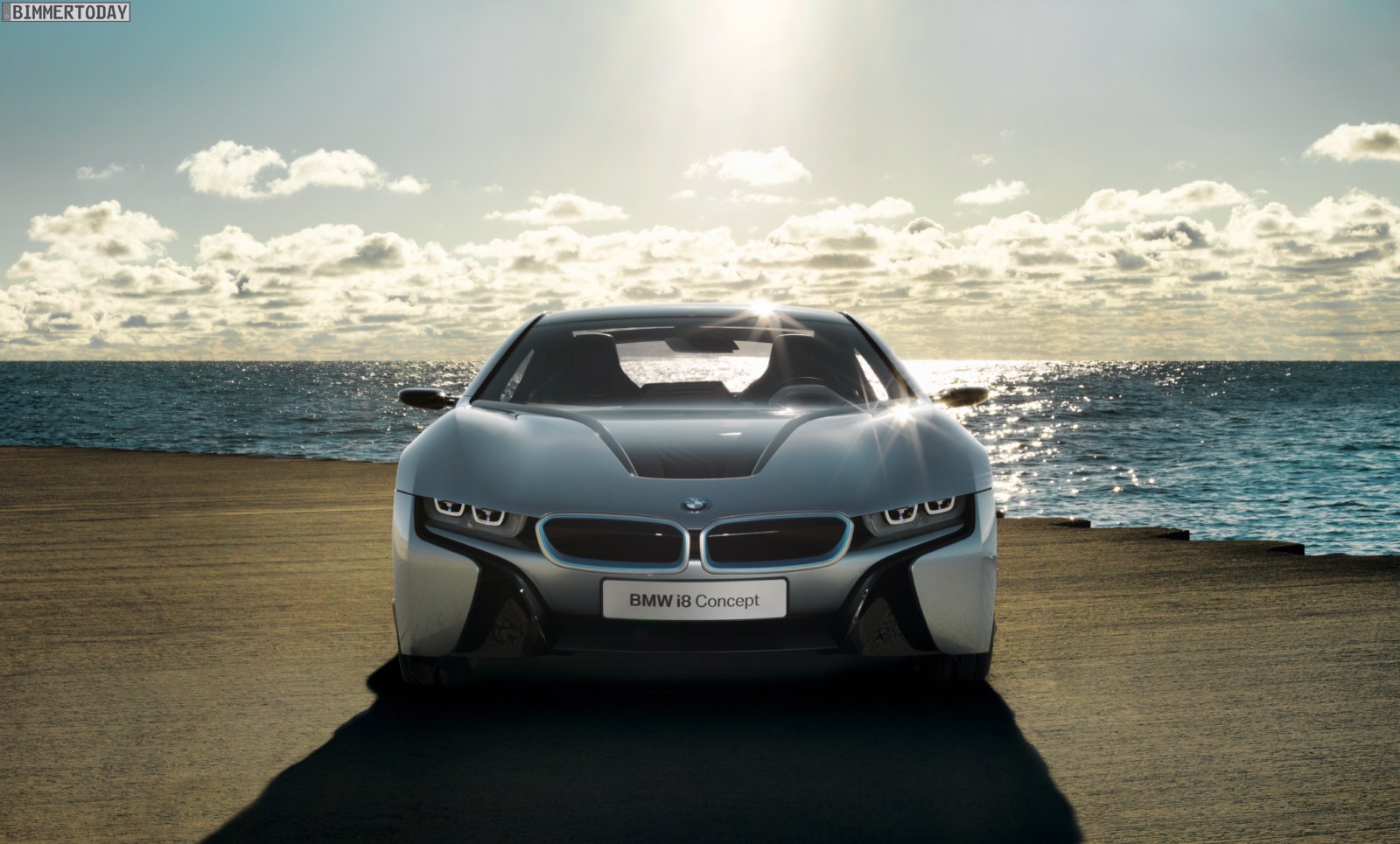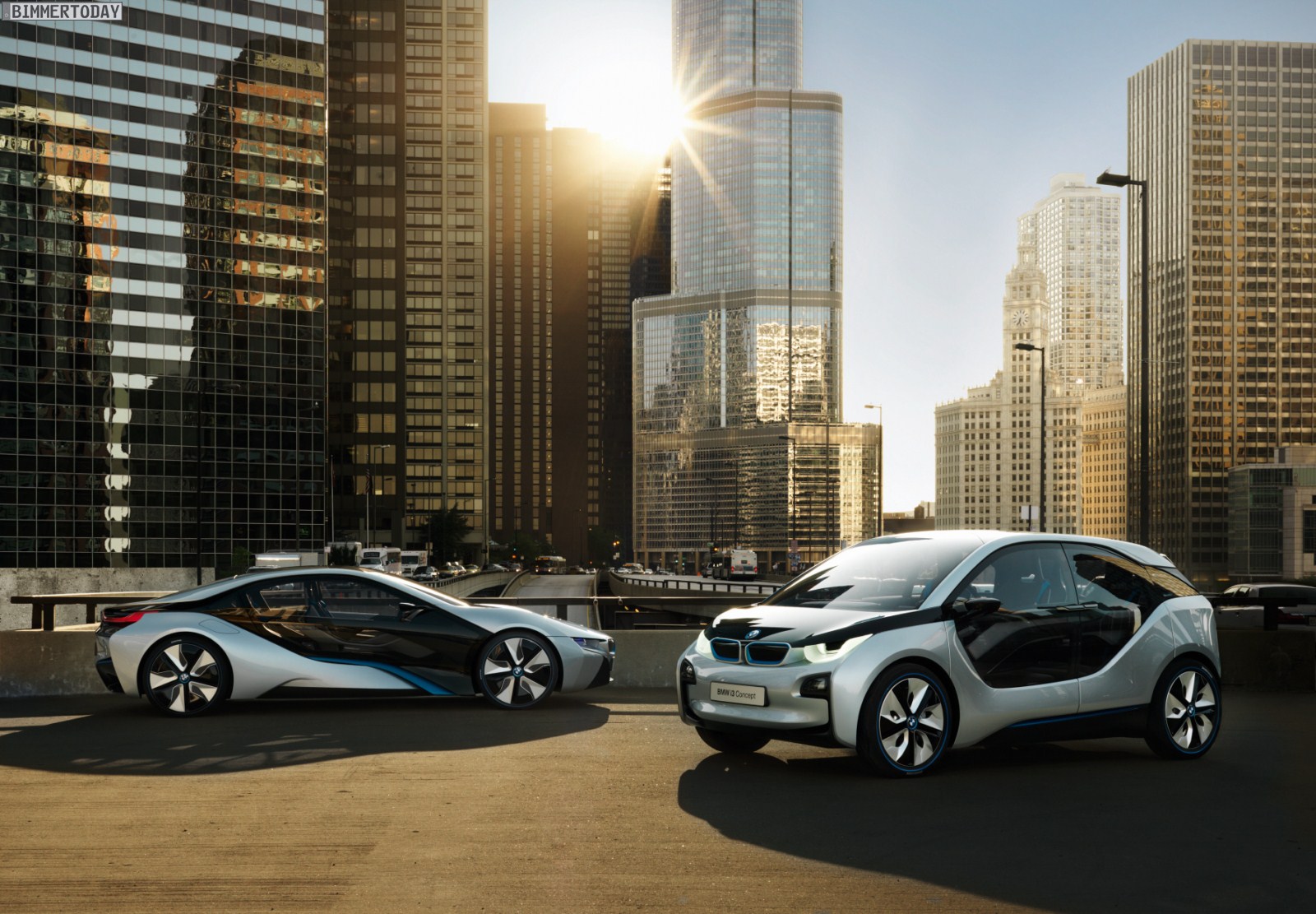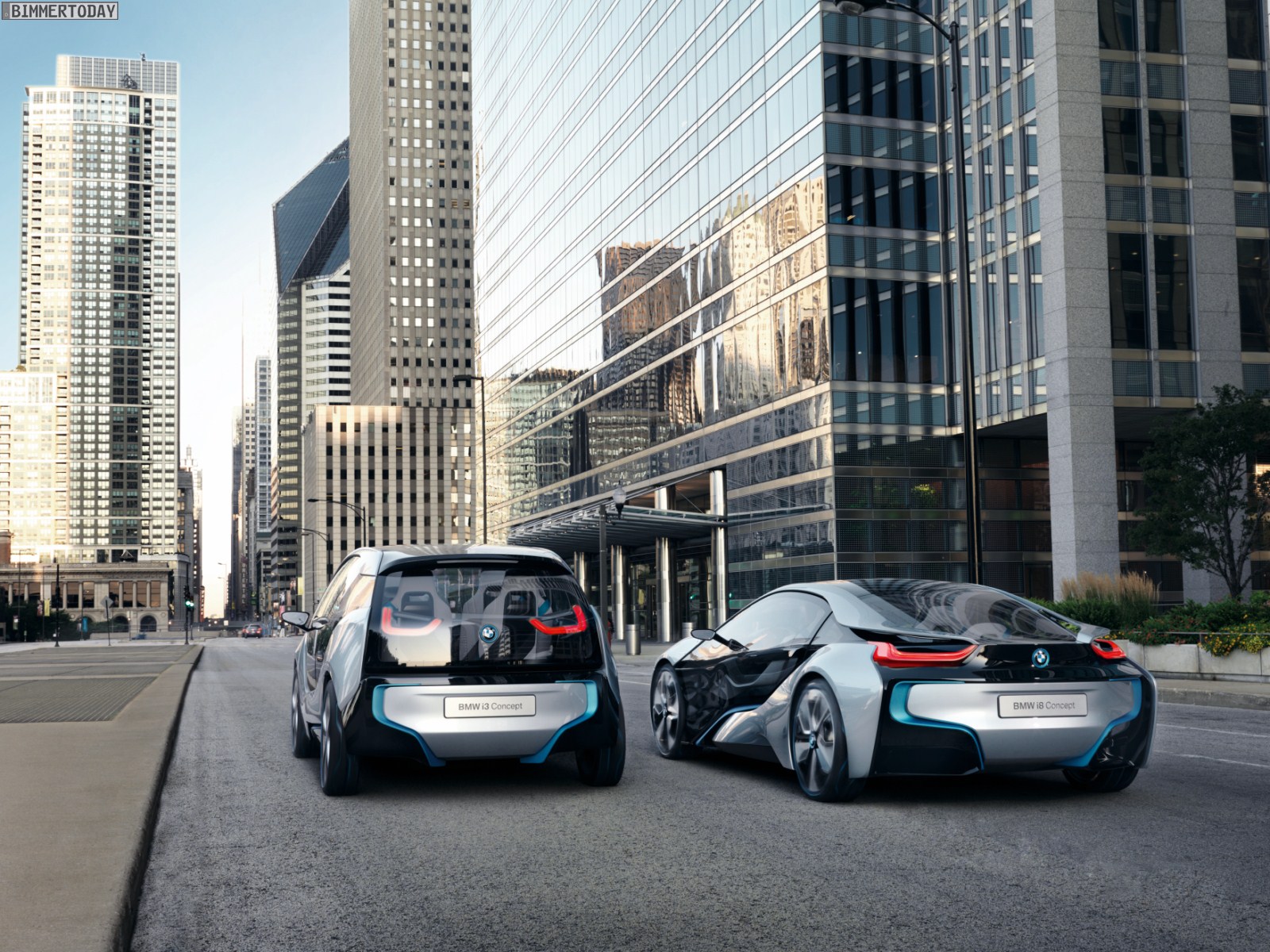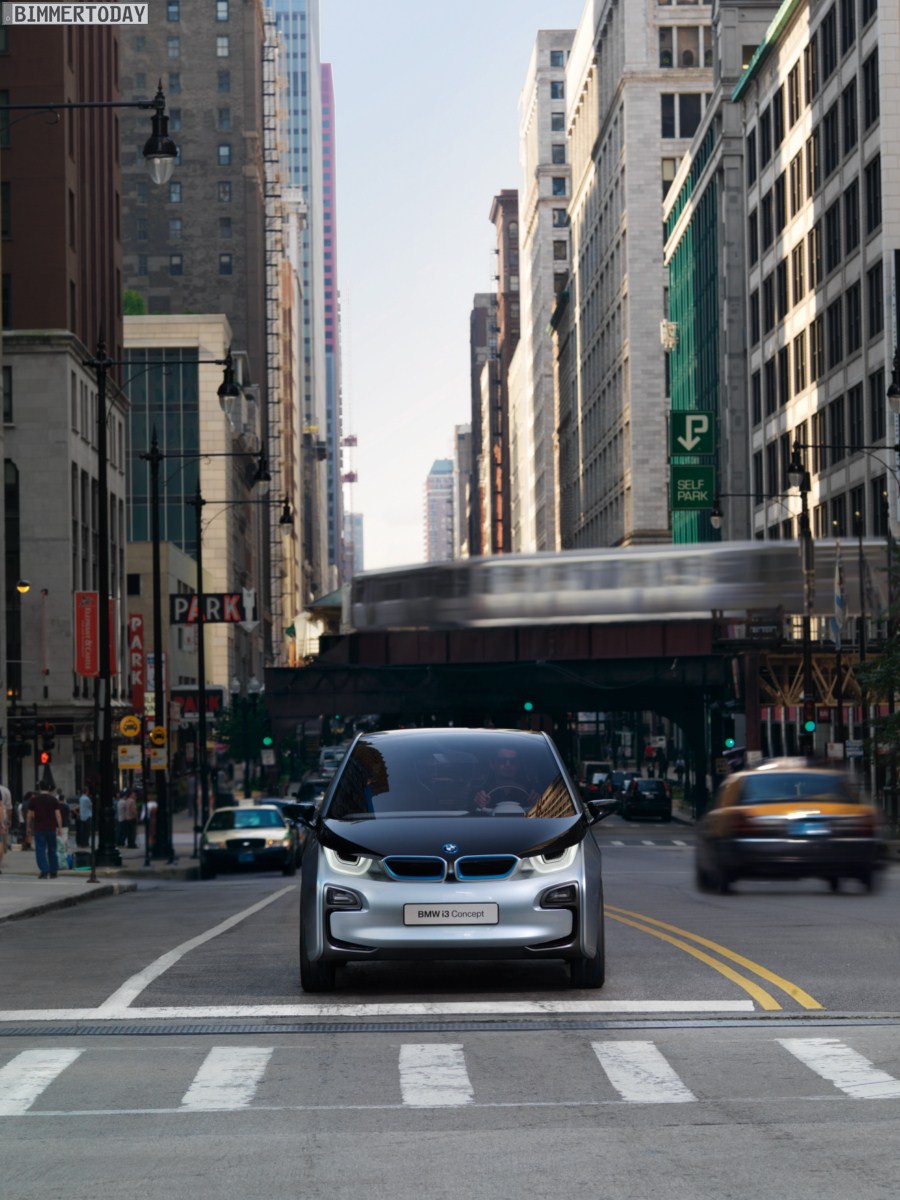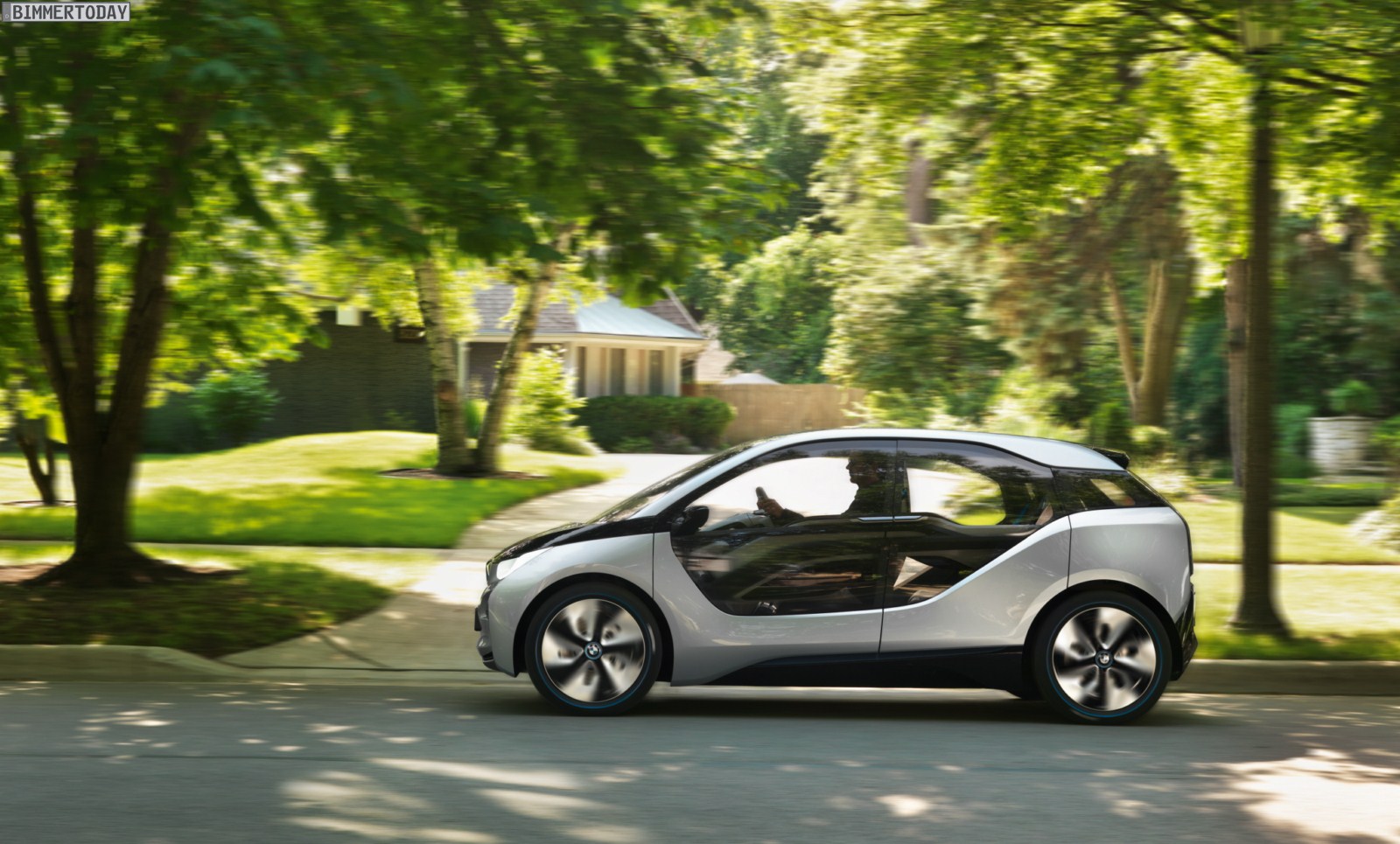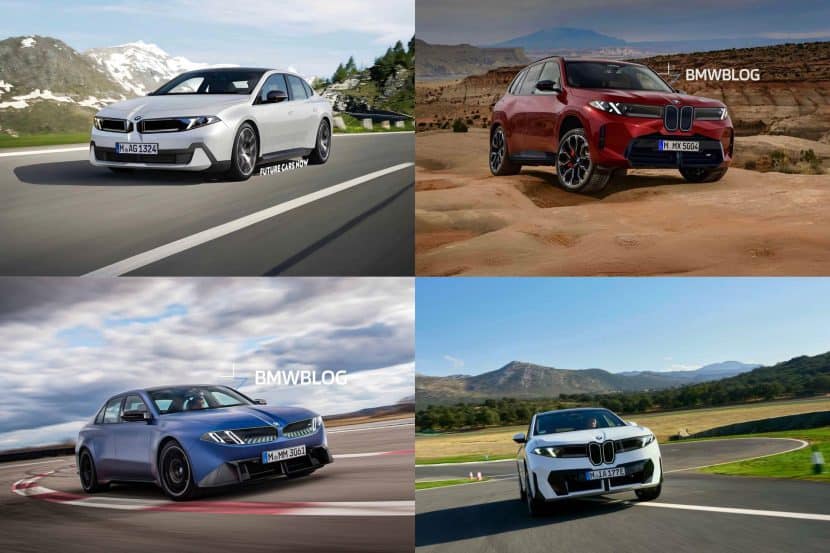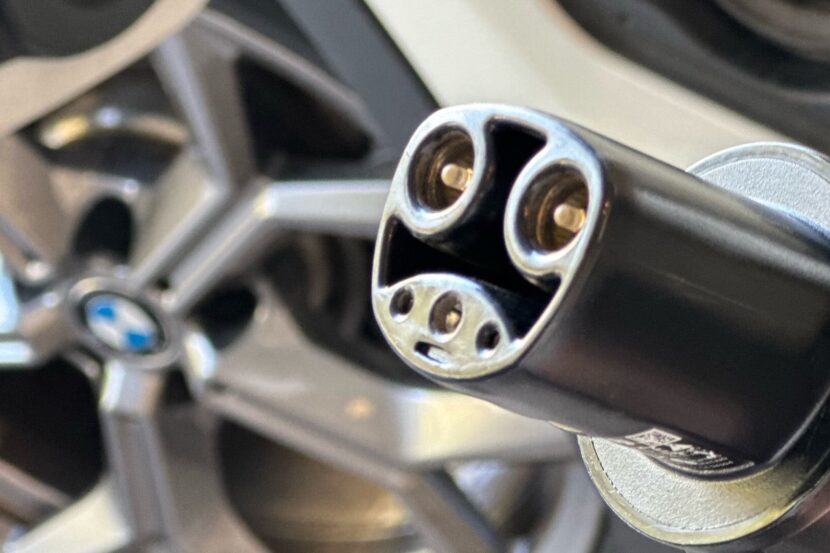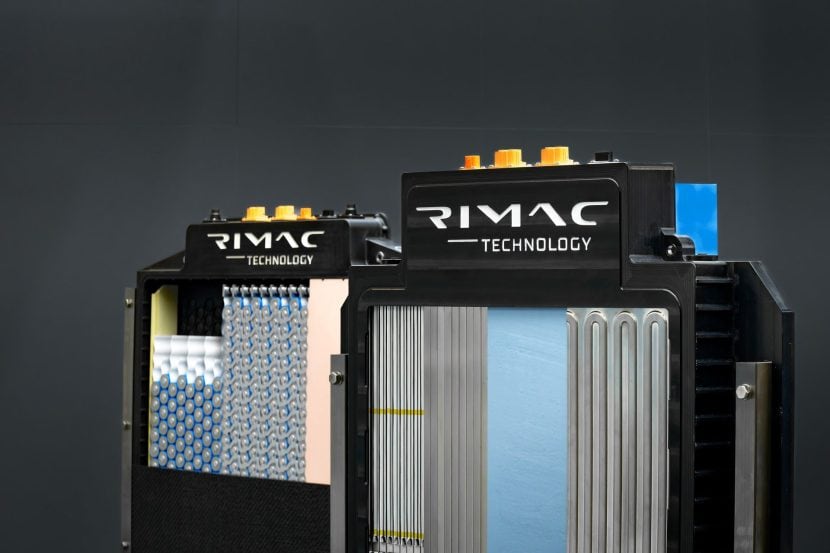In 2013 BMW will launch the i3, the first fully electric vehicle part of the new i sub-brand. The electric project kicked off years ago and went through a series of iterations that began wit the MINI E and more recently, the 1 Series ActiveE.
Next on the roadmap is the i8, BMW’s own interpretation of sportscar that runs on alternative drivetrains, in this case, a hybrid combining three electric motors with a small, 1.5 liter petrol combustion engine. The electrified concept is due out in 2014.
As we learned in the past BMW is placing a large bet on the electric vehicles market and the investments so far have been substantial. But according to Automobile Mag, things might not be as glamorous as previously reported. The U.S. magazine says that i brand is “skating on dangerously thin ice.”
Initial estimates are calling for 100,000 i3 vehicles sold every year and roughly 10,000 units for the 493 horsepower i8 sportscar. The issues may arise from two areas: availability of global battery-charging infrastructure and lack of green incentives from most western governments.
“There’s a lot of lobbying going on to iron out external obstacles. Trouble is, BMW is not dealing with only one country and one market here. Rather, it confronts an increasingly fractious Europe, a China that is changing its own rules with little warning, and a U.S. federal government that hasn’t followed the state of California’s eco-leadership,” says the report by Automobile Mag.
The slower adoption of EVs could also come from the fuel prices which aren’t much higher than they were several years ago, coupled with the latest technology advancements in the area of conventional engines that offer mileage as good as some hybrids.
Yet BMW is still convinced that Project i and the i sub-brand will pay off in the long run. Same magazine speculates that team leader Ulrich Kranz and new research and development chief Herbert Diess are discussing contingency plans.
Automobile Mag:
BMW refuses to put a number on a Project i exit strategy, but chairman Norbert Reithofer claims that, although it would cost billions, halting the i3 and i8 would not throw the carmaker into the same kind of turmoil its Rover misadventure caused in the late ’90s.
As expected, other i variants like the i4 or i5 are yet to be greenlighted.
In the mean time the i3 and i8 models continue their worldwide roadshow and further communication on the progress of i sub-brand is expected to be released this year.
[Source: Automobile Mag]


